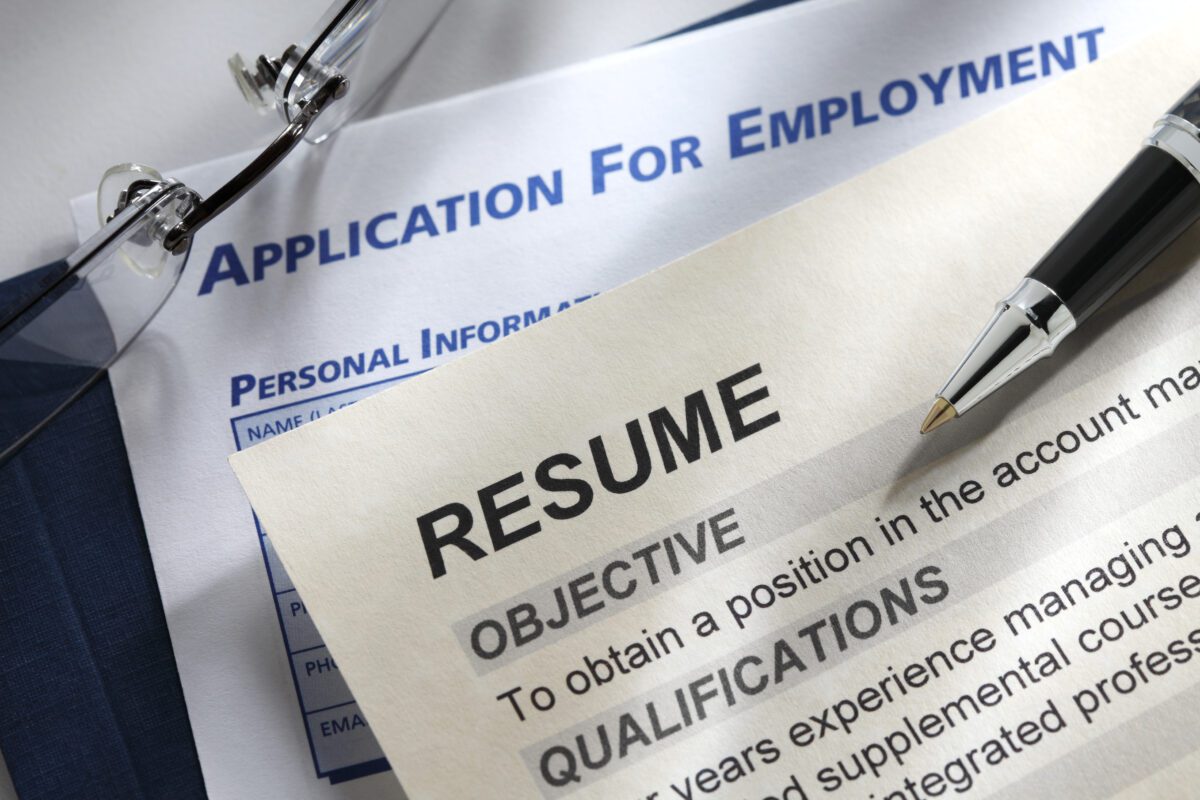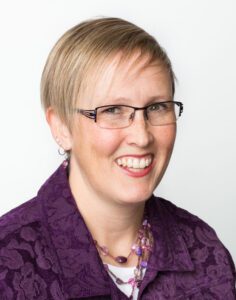
In theory, writing a résumé should be simple. Summarize your career history, education and professional accomplishments in one or two pages. In practice, however, creating an effective résumé—one that gets attention—can be daunting.
To be clear, you will not get hired based on the quality of your résumé, no matter how good it is. Rather, a distinctive résumé will help you land an interview, and it’s the interview that will help you get the job.

If you submit a bad résumé, or one that is just plain boring, you may be left out in the cold.
First, a few basic tips about résumés:
- Be accurate and honest: Play up your strengths, but resist the urge to embellish. Falsifying or exaggerating will only come back to haunt you.
- Use power verbs: Highlight what you increased, grew, led, managed, improved and achieved.
- Be brief: You are not writing an autobiography, so leave out nonessential fluff.
- Get help: At the very least, make sure someone proofreads your résumé carefully.
“The most common mistake that I see is expressing experience as a laundry list of duties. Experience should be communicated in terms of accomplishments and transferable skills. This is especially important for career changers and entry-level candidates looking for their first opportunities—people who don’t yet have a lot of hands-on experience in their chosen fields. They must educate employers on how their previous experience aligns with the new opportunity,” says Jeff Close, Talent Acquisition Manager at American Family Insurance.
Here are some other factors that make a résumé pop:
- Attractiveness: Every Realtor knows that homebuyers hate clutter, so they urge sellers to tidy up. Likewise, scan your résumé for clutter—extraneous details that distract people from noticing how talented you really are. Tack your résumé to a bulletin board and stand across the room. Does the page appear gray with text? If so, start trimming.
- Readability: Imagine that you are the one scanning hundreds of job applications and résumés. What do you do when one of them is loaded with jargon, acronyms and other indecipherable terminology? If you said, “Toss it in the circular file,” you’re right. Keep it simple.
- Organization: In the newspaper business, reporters put the nugget of the story right up front in the lead paragraph. Even if you never read the rest of the story, you’ll get the gist. Tell your future employer what they need to know at the beginning! Hook them with what you have to offer.
- Personalization: In the world of job applications, one size does not fit all, so tailor your résumé to each specific job opportunity. Emphasize the skills the employer is seeking and why you are the best possible fit.
- Uniqueness: What do you bring that other candidates may not? What makes you exceptional? This is no time to be humble. Share all your good stuff, and exude confidence in your writing.
- Flair: Make your résumé stand out by adding some unique formatting that still says you’re a professional. Avoid using off-the-shelf templates, but don’t go crazy with unreadable fonts and amateurish graphics. Save the document as a PDF that preserves all of your hard work and attention to detail. Some employers, however, may require you to submit a Word document—an indication that your résumé will be screened by an electronic Applicant Tracking System (ATS). In that case, this “flair” advice does not apply.
“If I don’t like the résumé, I usually will not read a cover letter, but 30 seconds is all it takes to hook me, so I keep reading. Use readable fonts with plenty of white space. Job titles should stand out. Colors and graphics work well for creative positions, but an accountant’s résumé should be crisp and clean,” says David Bailey of Bailey Human Capital Consulting in Waunakee.
Take the opportunity to showcase your personality, creativity and ingenuity. In today’s tight labor market, investing time in a résumé that stands out might give you just the advantage you need.
Great Résumé Resources and Examples
- Résumé Resource: résumé.com
- Distinctive Documents: com/example-projects/sample-résumés
- Blue Sky Résumés: blueskyrésumés.com
- World’s Best Résumés: com/wbrw_win.htm
April McHugh is a career and educational counselor for the Division of Continuing Studies at UW-Madison. She helps adults with career transitions and continuing education through individual sessions and workshops. Contact her at april.mchugh@wisc.edu.
This article originally appeared in the Wisconsin State Journal.